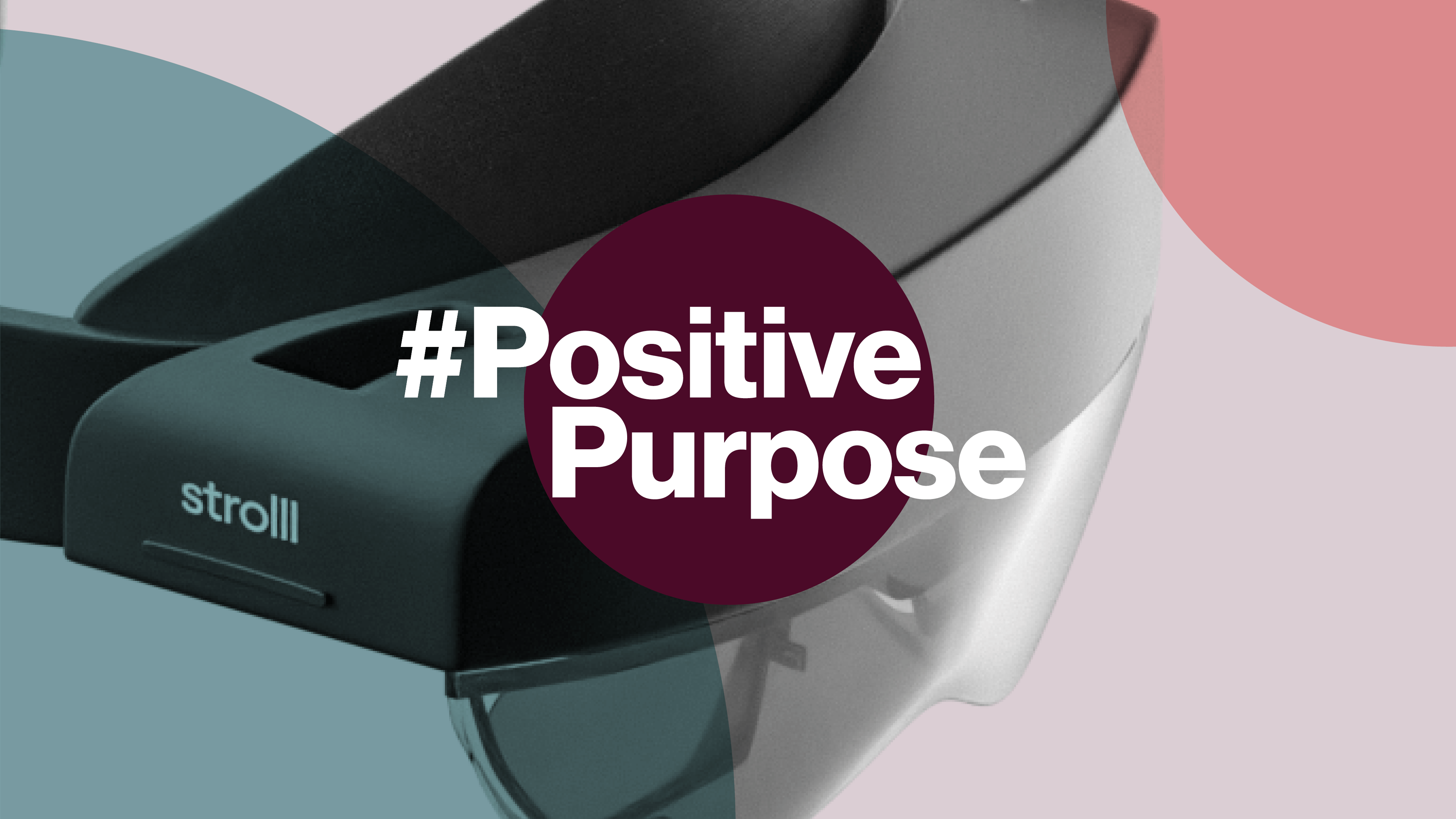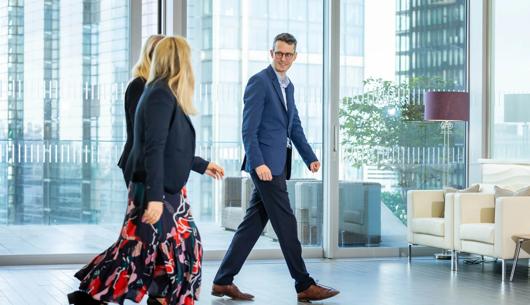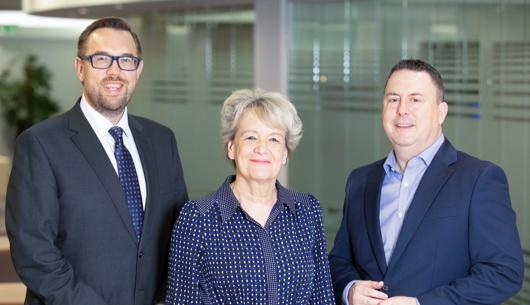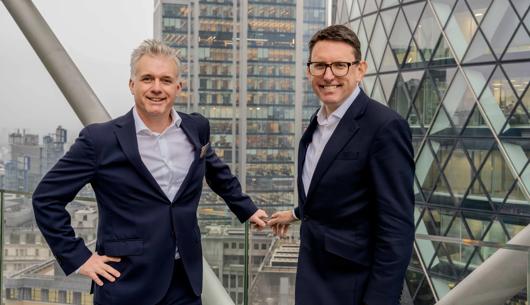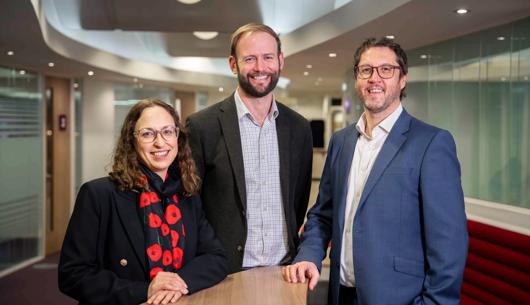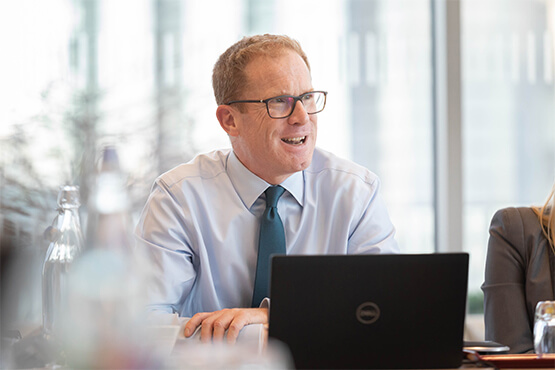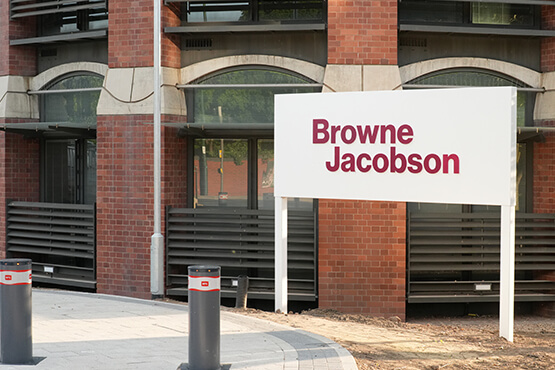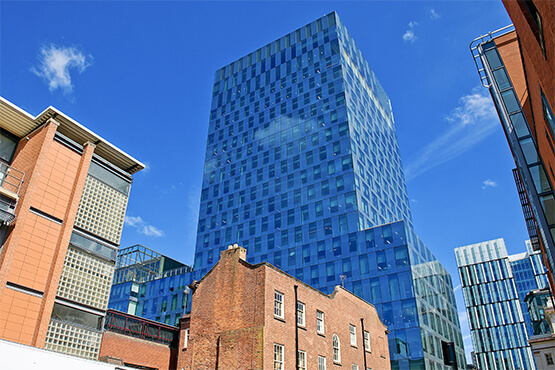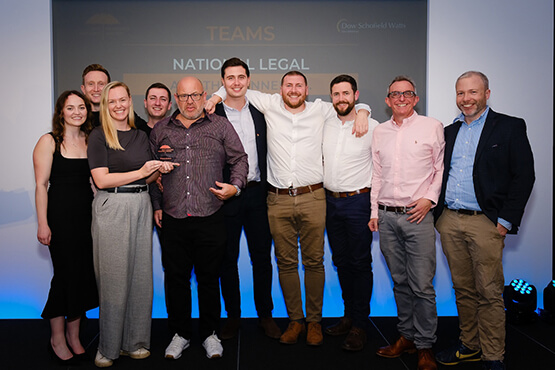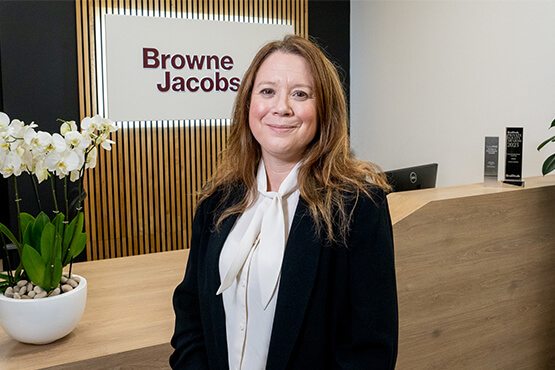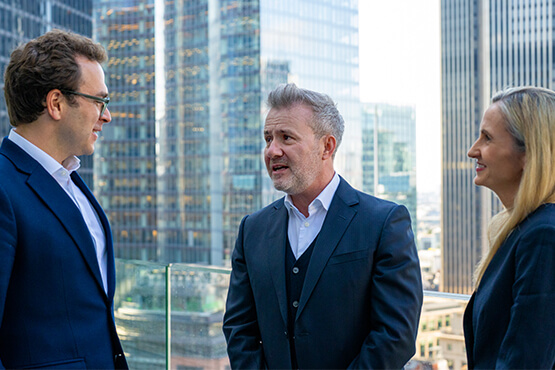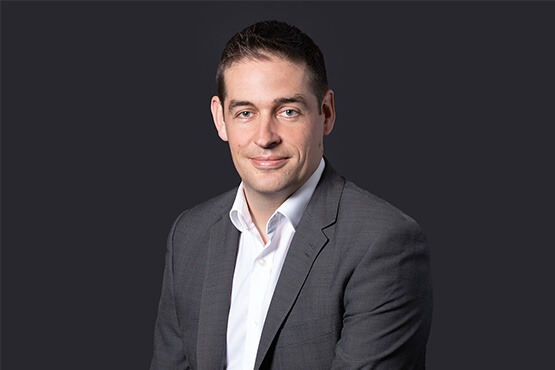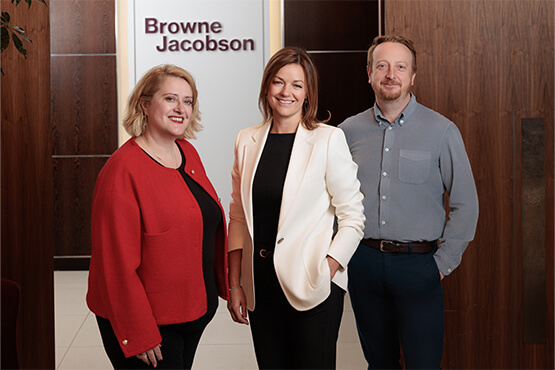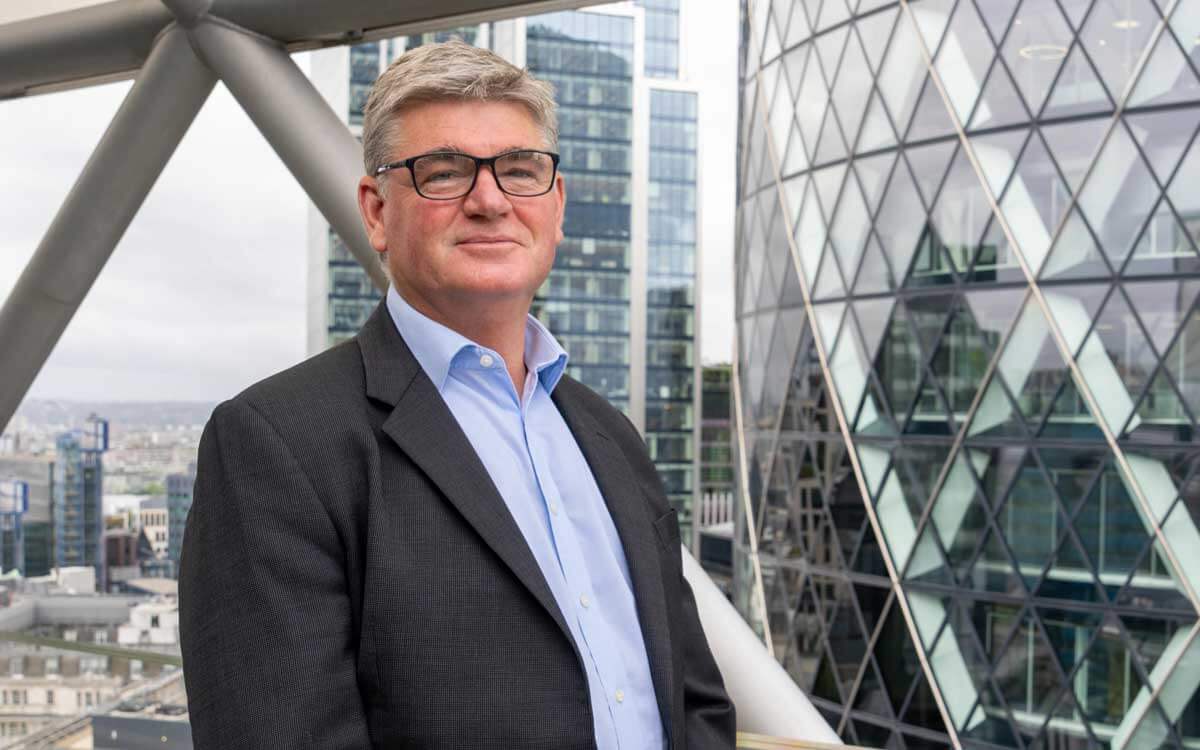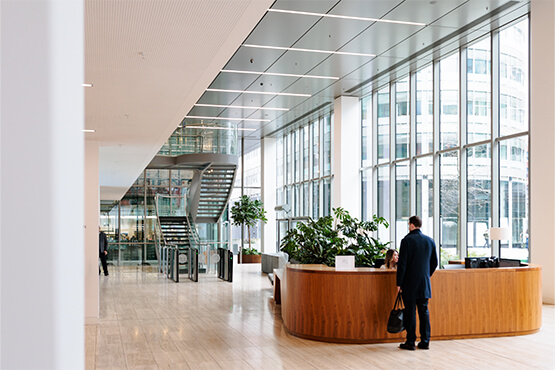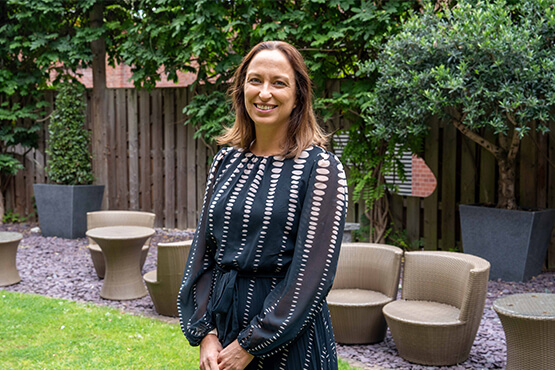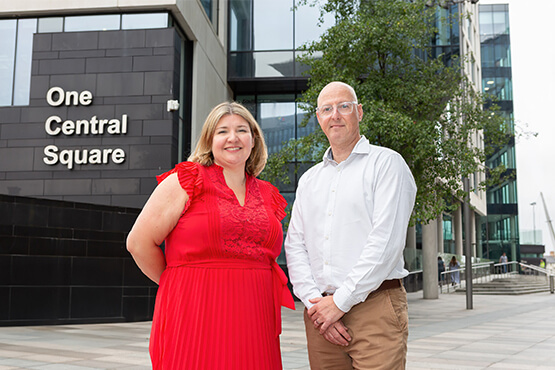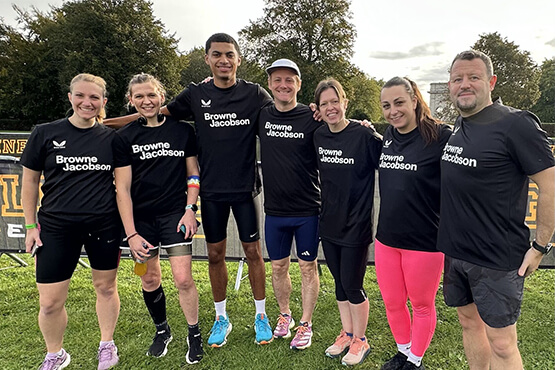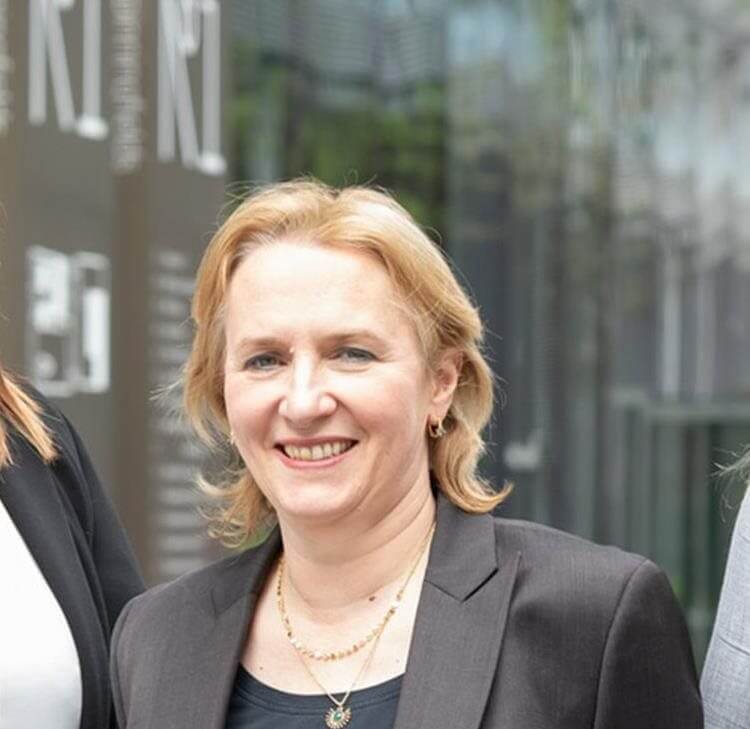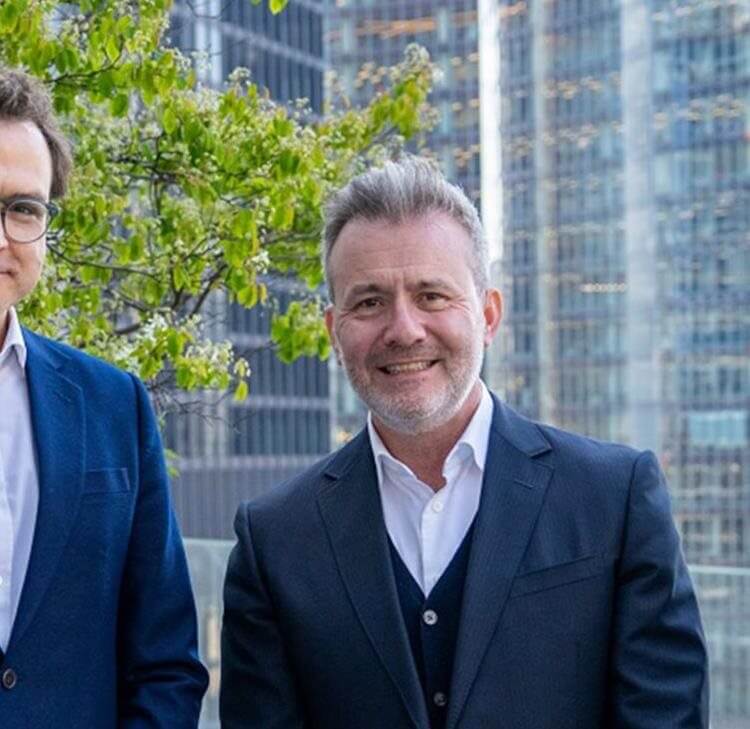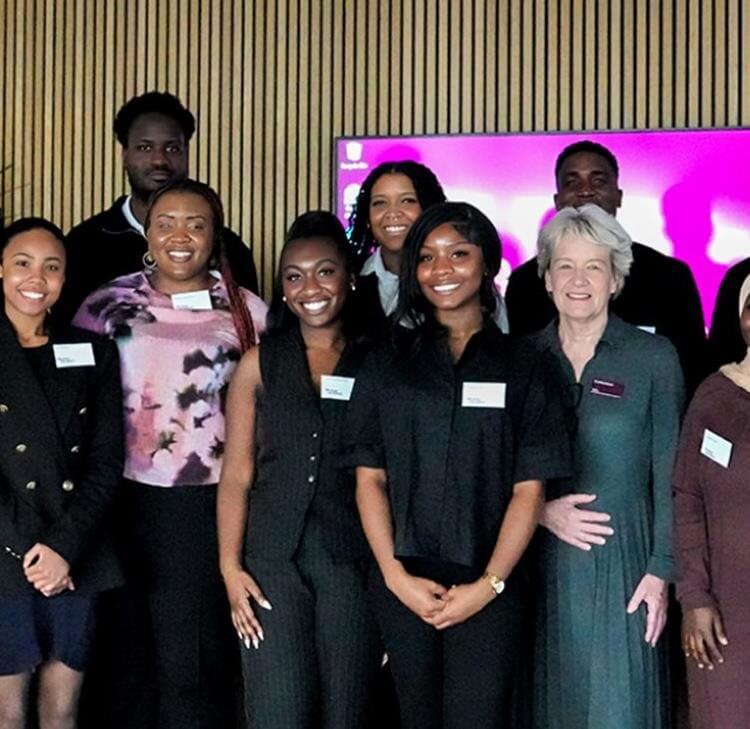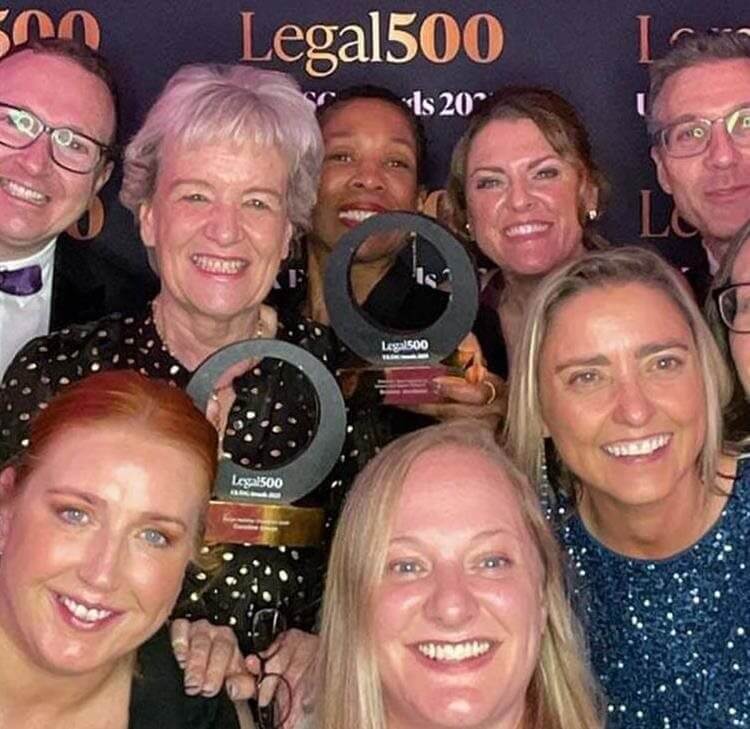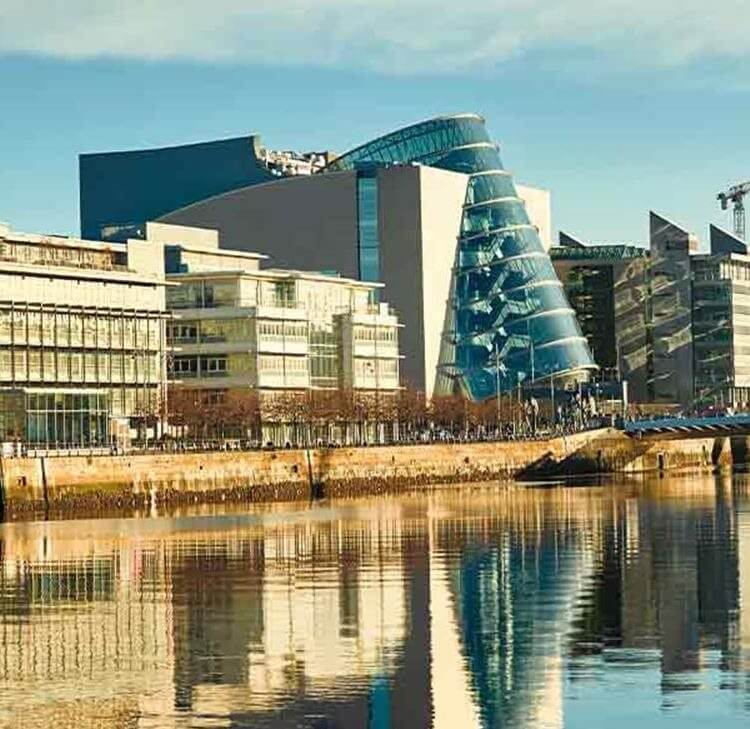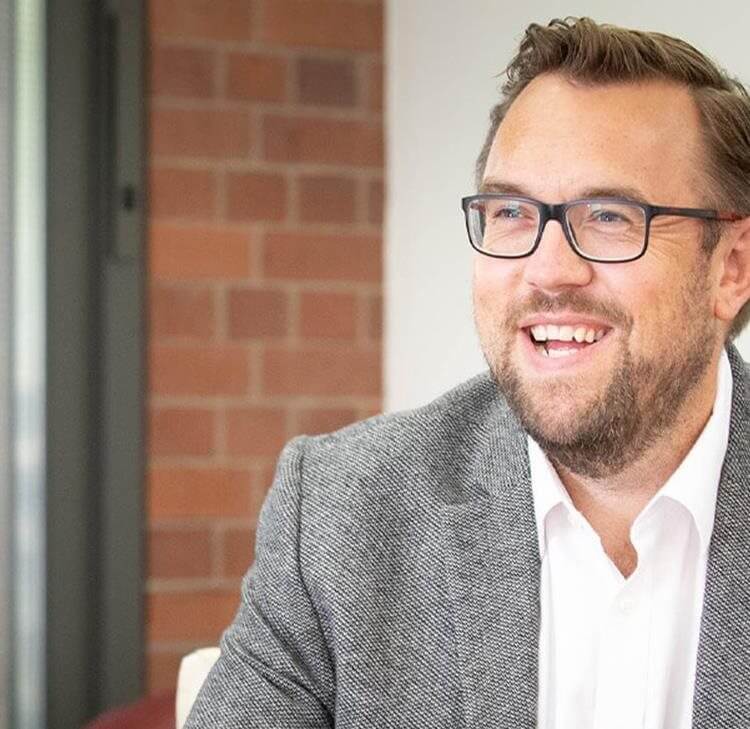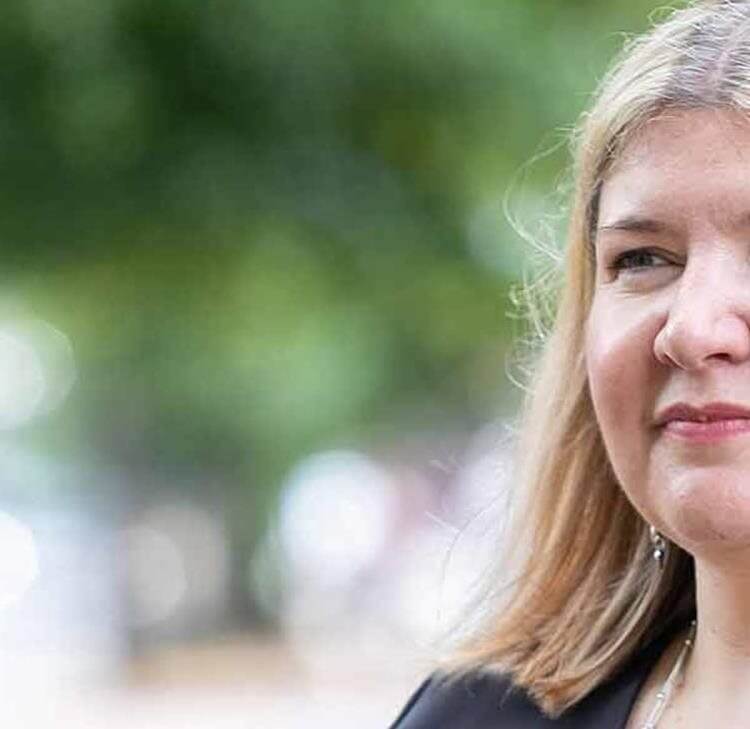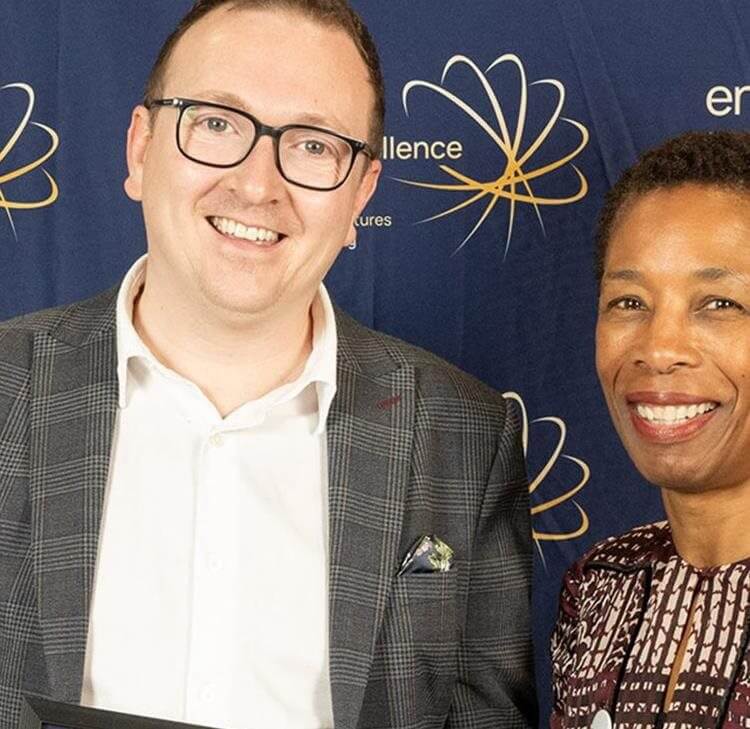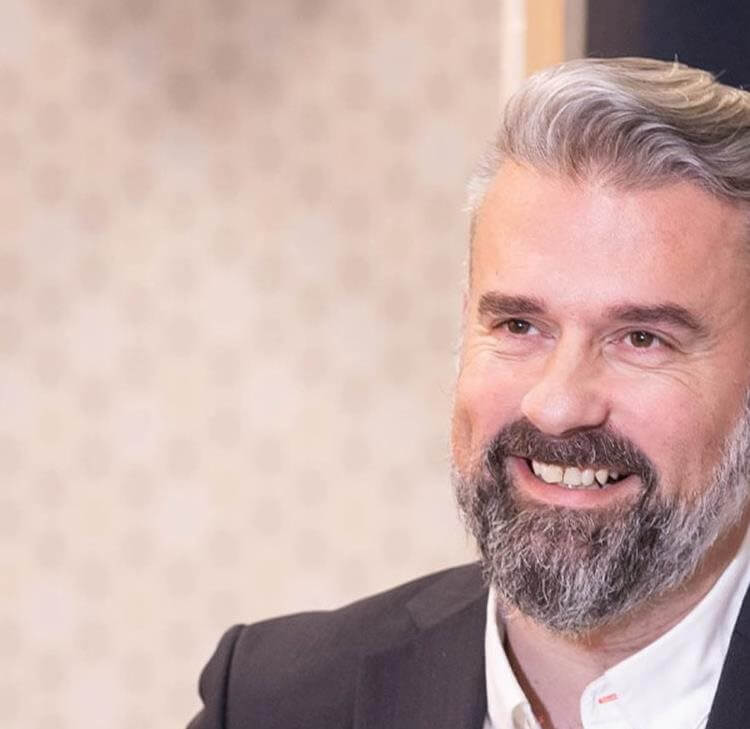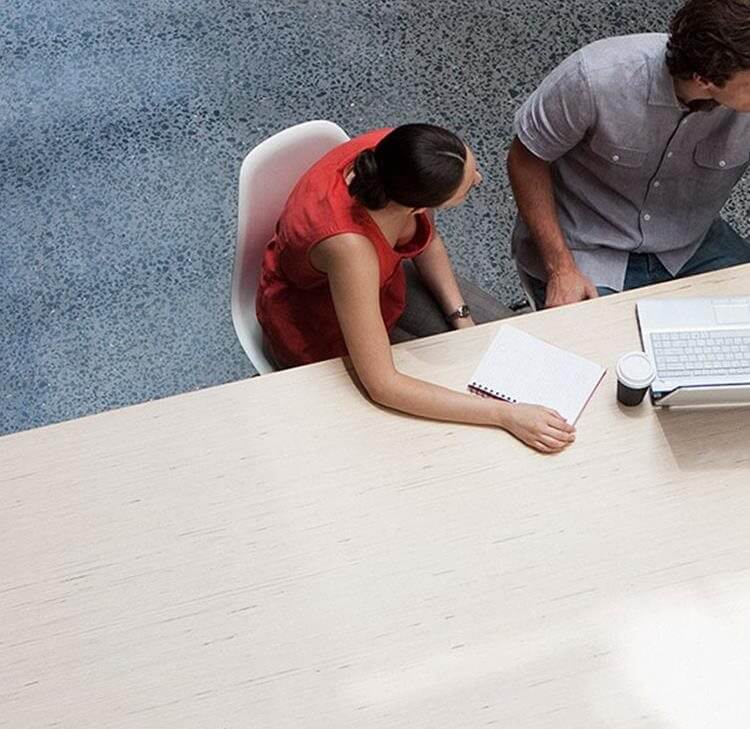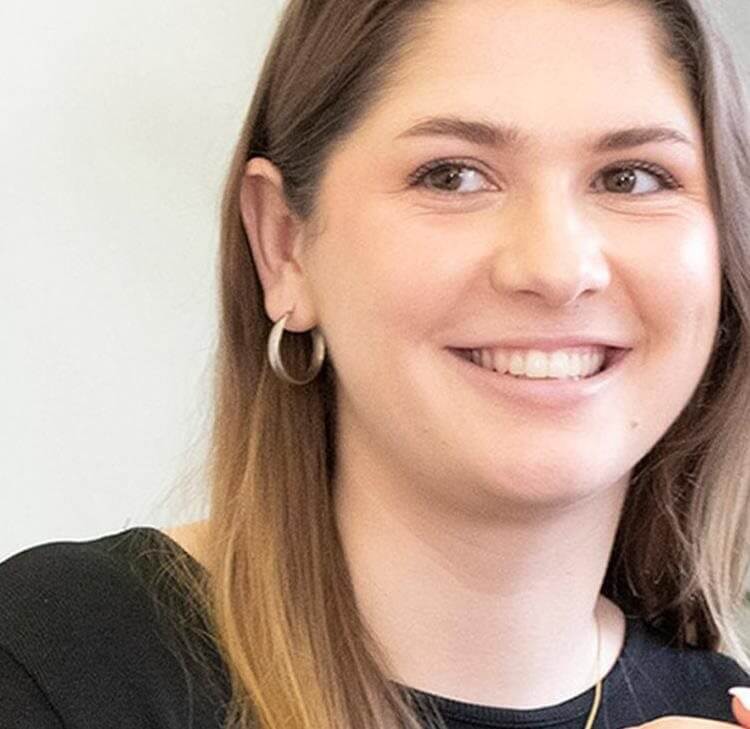DPD: Innovation for sustainability
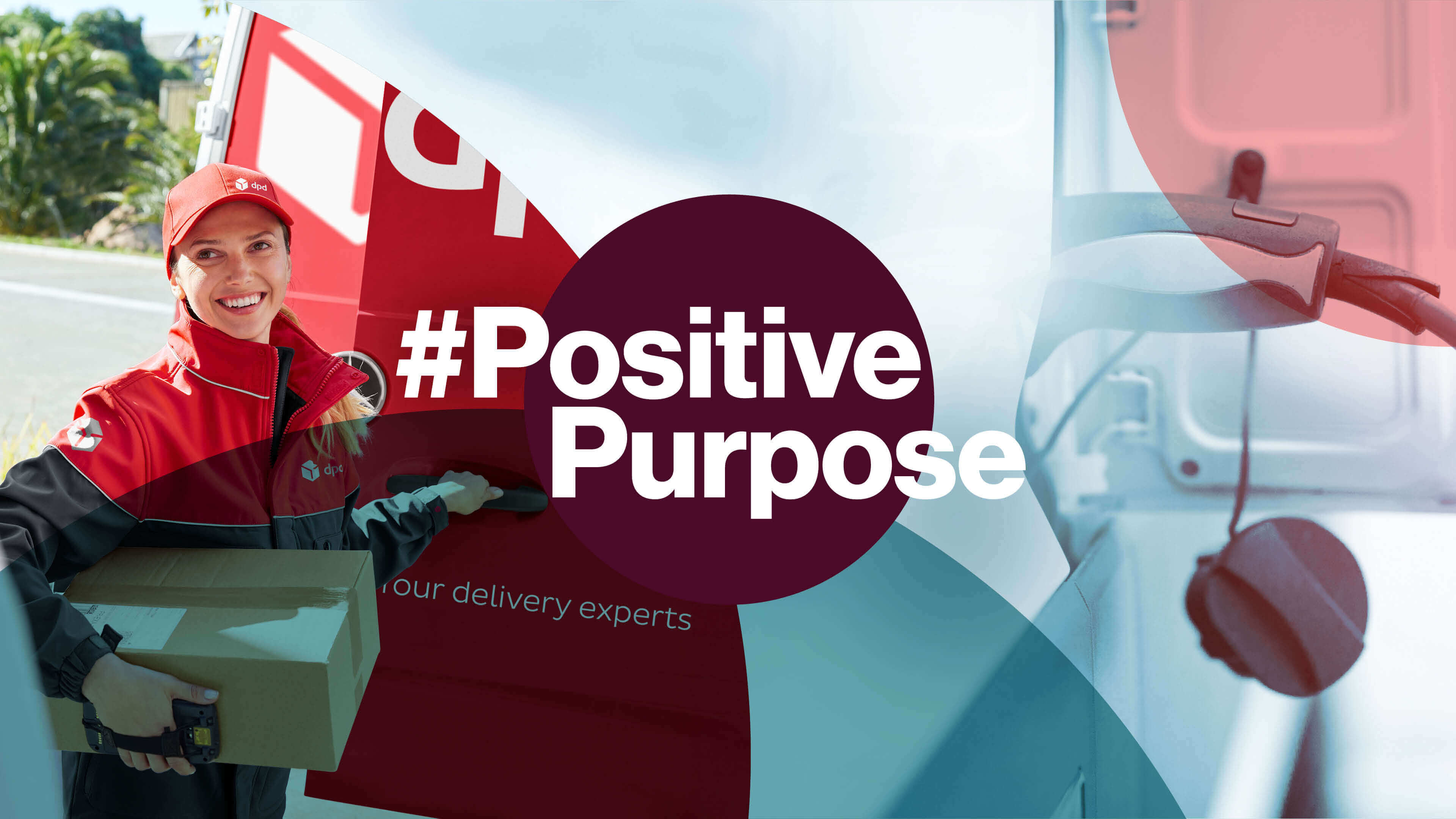
So DPD as part of Geopost have a target of net zero by 2040 and that is going to include innovation. So, part of that is things like our electric vehicles. But we often think of innovation as just technology but actually we have to innovate to overcome our challenges as well. So, it's not just as easy as taking an EV and swapping it for a diesel. And we have to think about payload. We have to think about the driver route, and whether the range is there in the vehicle. But we also have to think about charging infrastructure both on site and in public.
We've got a fleet, in excess of 3800 vehicles. We delivered 80 million parcels last year and plan to deliver 100 million parcels this year. The strategy has been around delivering to city centres, so London, Birmingham Manchester. As well as getting that carbon reduction, we are also having a, a positive impact on the air quality in those cities.
I've been with the company now for 35 years. I’ve been driving my e-transit for about two years now. The transition has been seamless if I’m honest with you. Charge at home, plug it in. Ready to go in the morning. Cost about £6.50 a day. When I'm on patch, there is no comparison it is like driving a go-cart. So simple.
We recently held an EV open day at our Preston DC site. So, this gave drivers a chance to drive an electric vehicle, talk to an electric vehicle supplier, about the electric vehicles, how to charge them, and how to get the best out of them on a daily route. That was a great way to raise some awareness and importantly bust some myths.
We've started to work closely with BP pulse over the last couple of years. They provide us with DC charging infrastructure on our sites. But on top of actually having the chargers up and running, we work with them to develop software, which enables us to just make the experience slicker for the driver so they can join a smart queue, they can book a slot on the charger. So, when they come back to the depot at night, rather than kind of having the anxiety working out, if there's a charger free, they can see that in the app.
So, decarbonizing entire fleets is actually really challenging. The future is going to be a bit more of a mosaic of technologies. So, things like robots, things like drones, low emission fuels such as HVO that we already utilise, and also traditional methods of transport such as bikes and trains, they all have a part to play.
Gone from a, a robot with a single compartment that can deliver a single parcel onto a robot with three compartments. Customer gets a pre-notification say that the robot is kind of on its way and they'll get a pin number. So, they're able then to release the parcel. Can double up as a locker for returns at the end of its shift.
So, we're excited to have supported DPD on a range of projects involving their sustainability journey. The investment that they've made on sustainability and on improving the environment for everybody is nothing short of inspiring. But actually, the move to a more sustainable delivery force is not as straightforward as people might think, and it involves a number of novel and important legal issues. One of the ways that we've been working with DPD is advising them on the legal issues arising from the use of mechanical delivery robots, which use the public highways. It's been a real team effort, and one that we're so proud to have been a part of.
We’re pleased to say that we are now in a situation where we reuse or recycle 90% of our waste. 10% is used to generate energy. And we're zero to landfill. But really, the most important factor in resource management is to reduce the amount of waste that we, generate in the first place. Various initiatives, to do that, include donation of undeliverable food parcels through our relationship with FareShare. We've also developed a tote box that, doesn't require cable ties. So, it's a self-sealing unit. So, you don't produce those single use cable ties all the time.
I administer the DPD eco fund. So that's where we take our revenue from waste pallets and recycling that we don't want to profit from, and we put that into a fund that helps charities against climate change. So, things like wetlands restoration, stopping plastic pollution at source. And we've recently had a partnership with Forestry England where we've planted over 12,000 trees.
Look, consumers can tell us how we're doing, give us feedback so we know that we're moving in the right direction. And there's also a government piece around charging infrastructure. So more agnostic type service stations in areas we don't traditionally find them, such as rural areas that will really help with everyone on the transition to EVs.
So, if you want the full country go electric it has to be easier and cheaper and more accessible for every single person in the country.
So, raising awareness is really important. And there's lots more things you can do that don't involve buying EVs or buying HVO. So, you can trial EVs if you're not in a position to buy one. There's so many other decarbonization activities that you can get involved in such as waste and resources, circular economy. So, these are all things that we do as a business. And everything that we do is on our sustainability website.
DPD are leading the way in sustainable delivery, with an ambitious net zero target of 2040 and one of the UK's largest electric vehicle fleets. From using delivery robots and smart charging infrastructure to achieving zero waste to landfill, they're rethinking parcel movement to reduce emissions and improve air quality across major cities.
We are proud to have supported DPD on their sustainability journey, providing legal advice on their innovative initiatives, including the introduction of delivery robots on public highways.
You can find out more about the work DPD are doing towards a more sustainable future on their website: Green Website
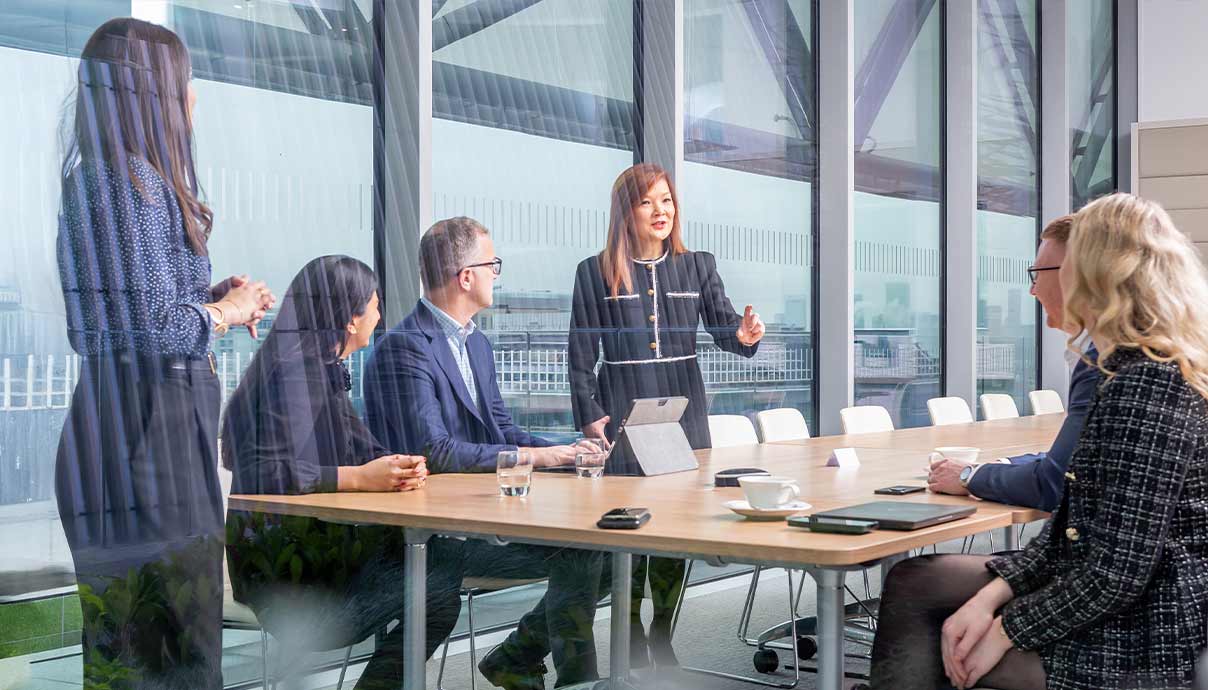
Innovation. With purpose.
At Browne Jacobson, innovation plays a crucial role in shaping solutions and strategies that anticipate industry challenges and drive progress. We focus on three key areas: client-focused solutions, innovation in practice and developing technology.
Client-focused solutions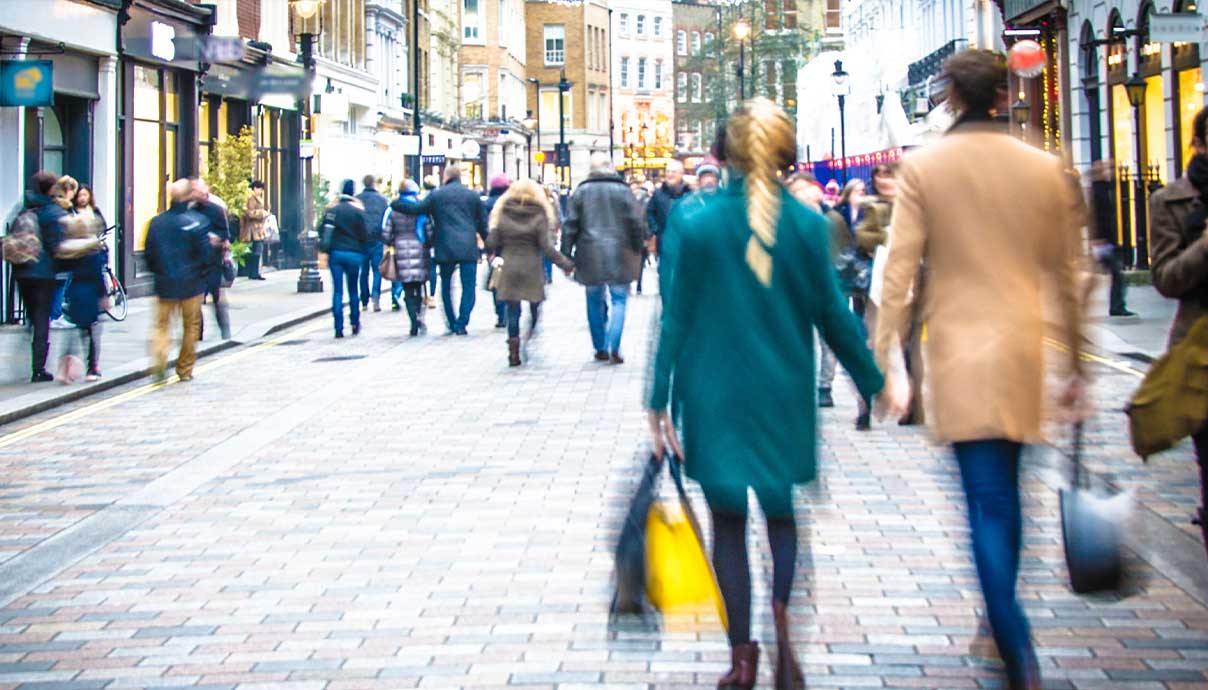
Retail, consumer and logistics
We pride ourselves on our long-standing history of guiding clients through the evolving challenges of the retail, consumer, and logistics sectors.
Sector expertise
Sustainability
Our ambitious goals are to be aligned with the Science Based Targets initiative (SBTi), ensuring our strategies are scientifically grounded and aimed at real environmental improvement.
Net zero goalsOther featured clients
The Elliot Foundation: Schools at the heart of communities
"Supporting The Elliot Foundation on their innovative approach to community transformation, proving that schools don't just educate – they anchor communities."Schools in the community
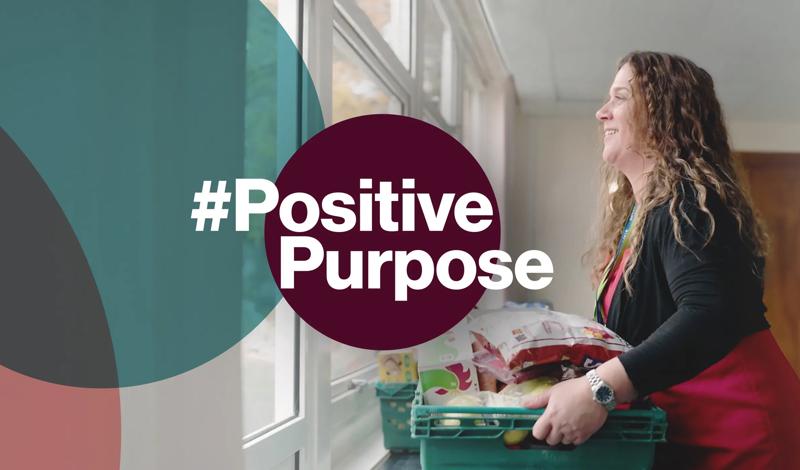
Back2Work Group: Tackling unemployment
"Helping Back2Work Group expand its impact through M&A advice, tackling unemployment and advancing social mobility programs."Re-entering the workforce

Meridian Water: Development and regeneration
"Supporting Enfield Council on the Meridian Water Enfield regeneration project, delivering 10,000 homes and 6,000 jobs to tackle the housing crisis."Regeneration project
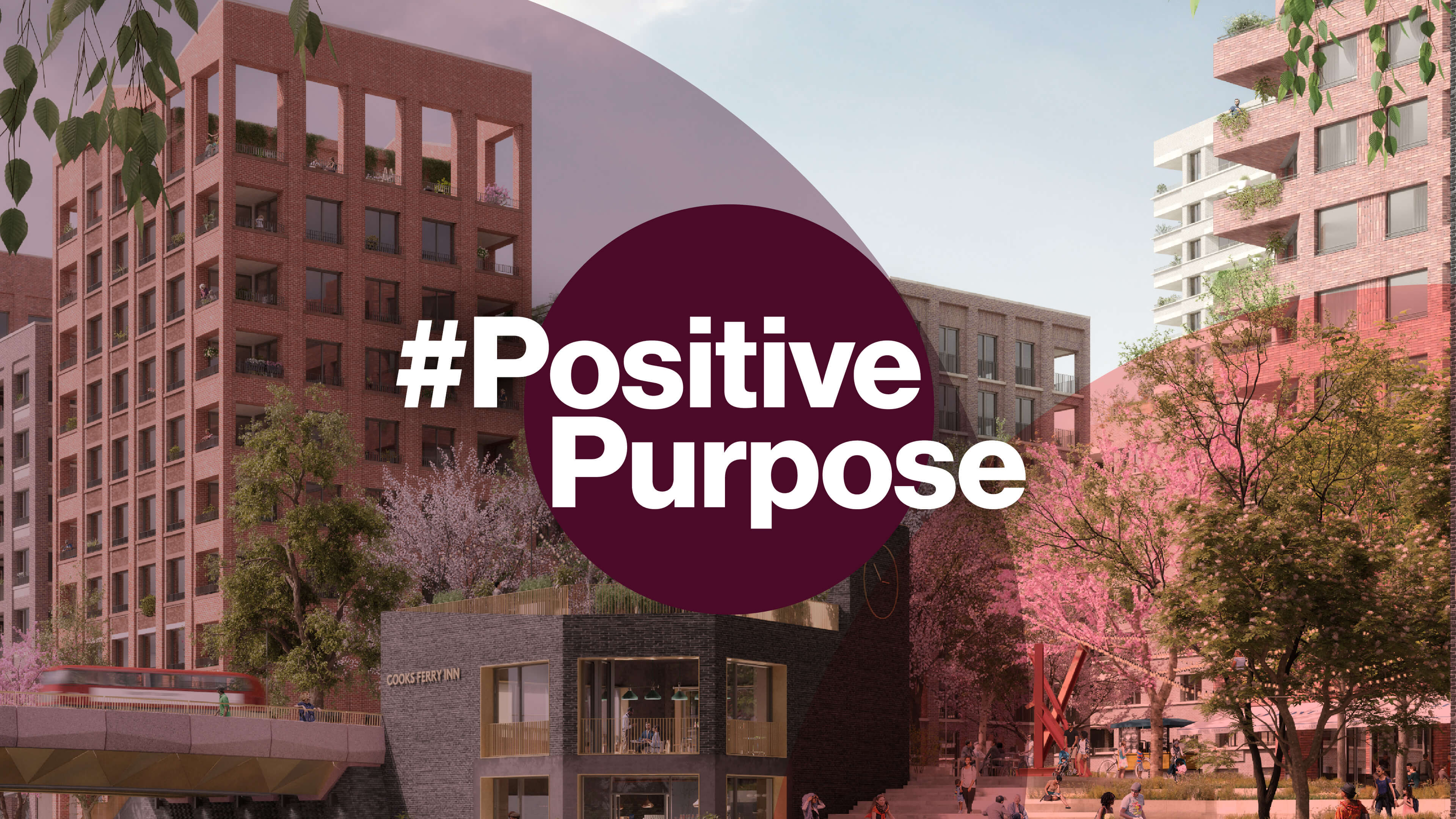
Strolll: HealthTech for rehabilitation
"Strolll’s augmented reality rehabilitation tech helps Parkinson’s patients regain mobility."AR healthcare
